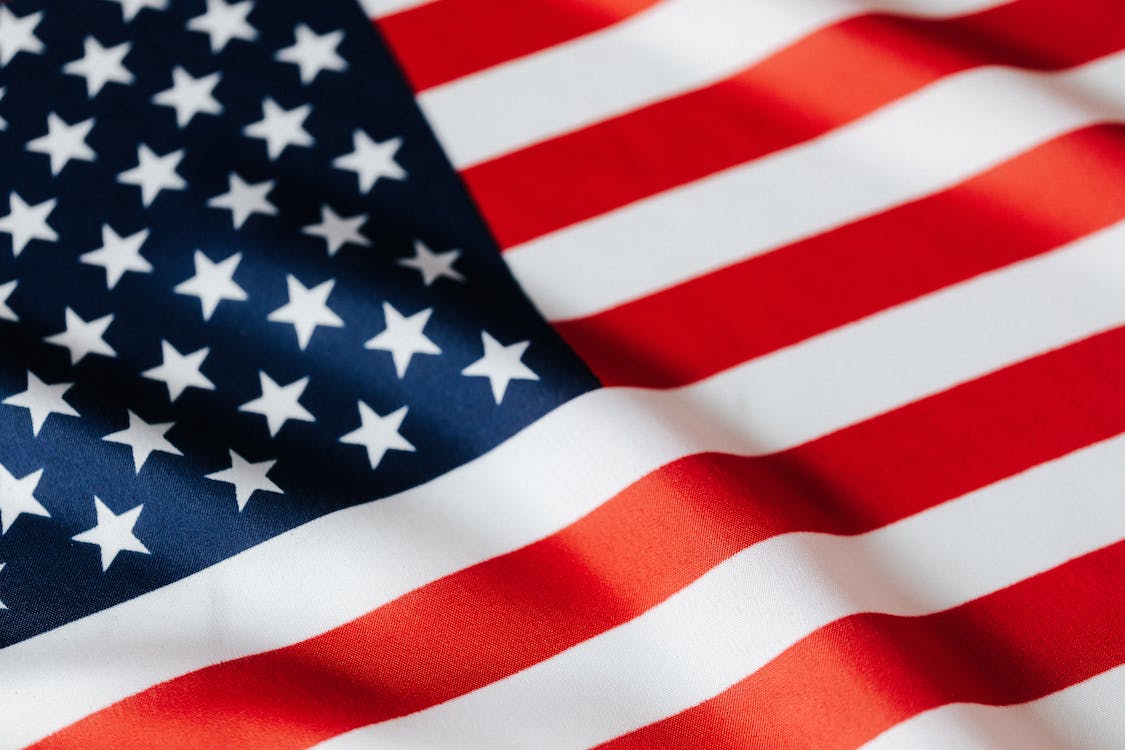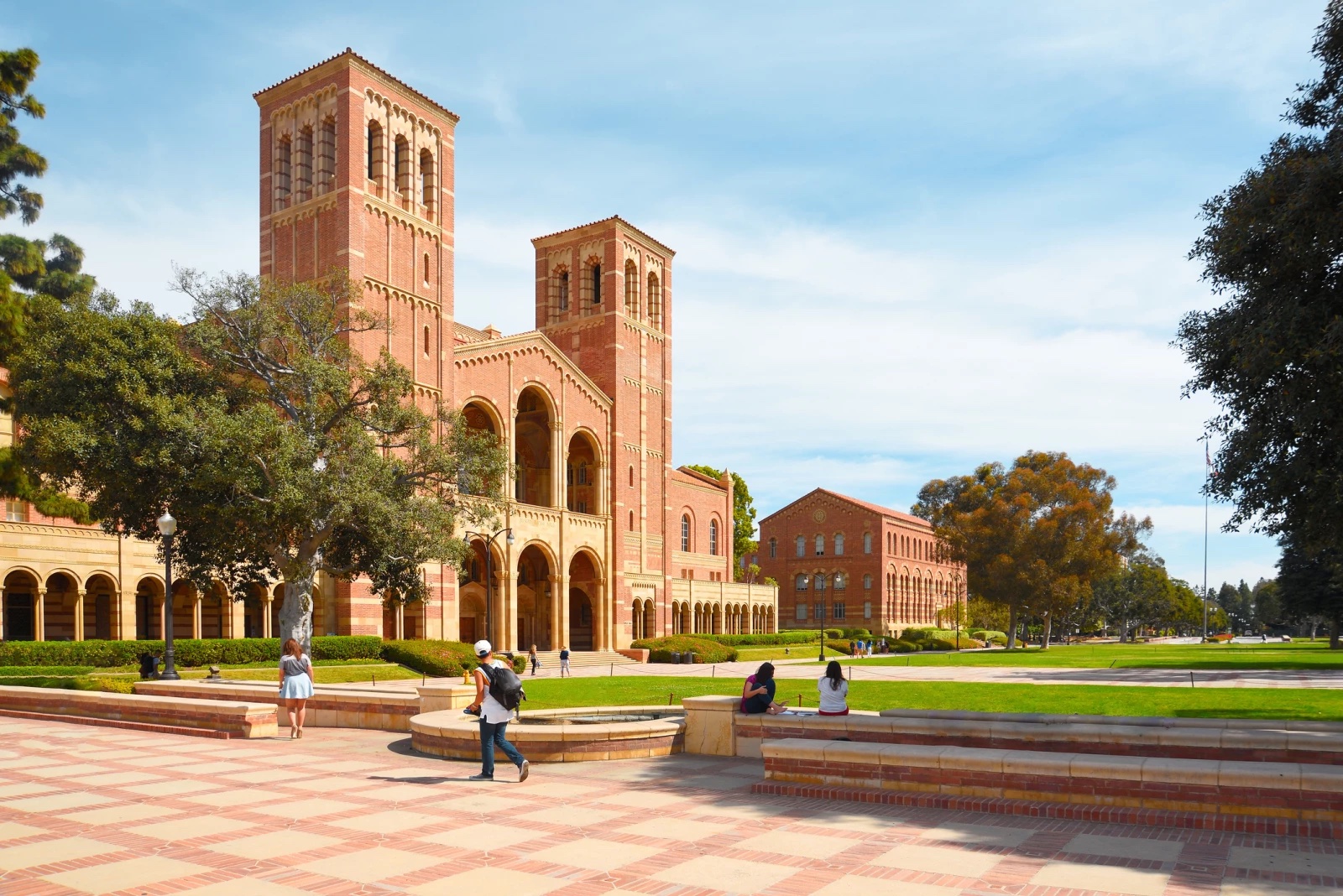
The Evolution of Freedom of Speech in America
Explore how freedom of speech has evolved throughout American history—from its roots in the First Amendment to today’s digital age challenges. This article traces pivotal court cases, societal shifts, and legislative actions that have shaped the boundaries and protections of free expression in the United States. Gain insights into how speech rights continue to adapt in a rapidly changing world while remaining a cornerstone of American liberty.









